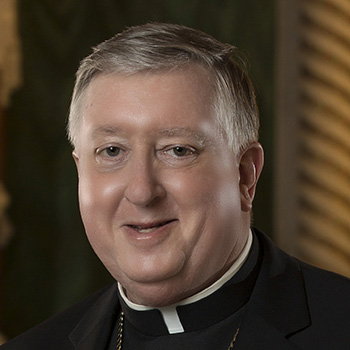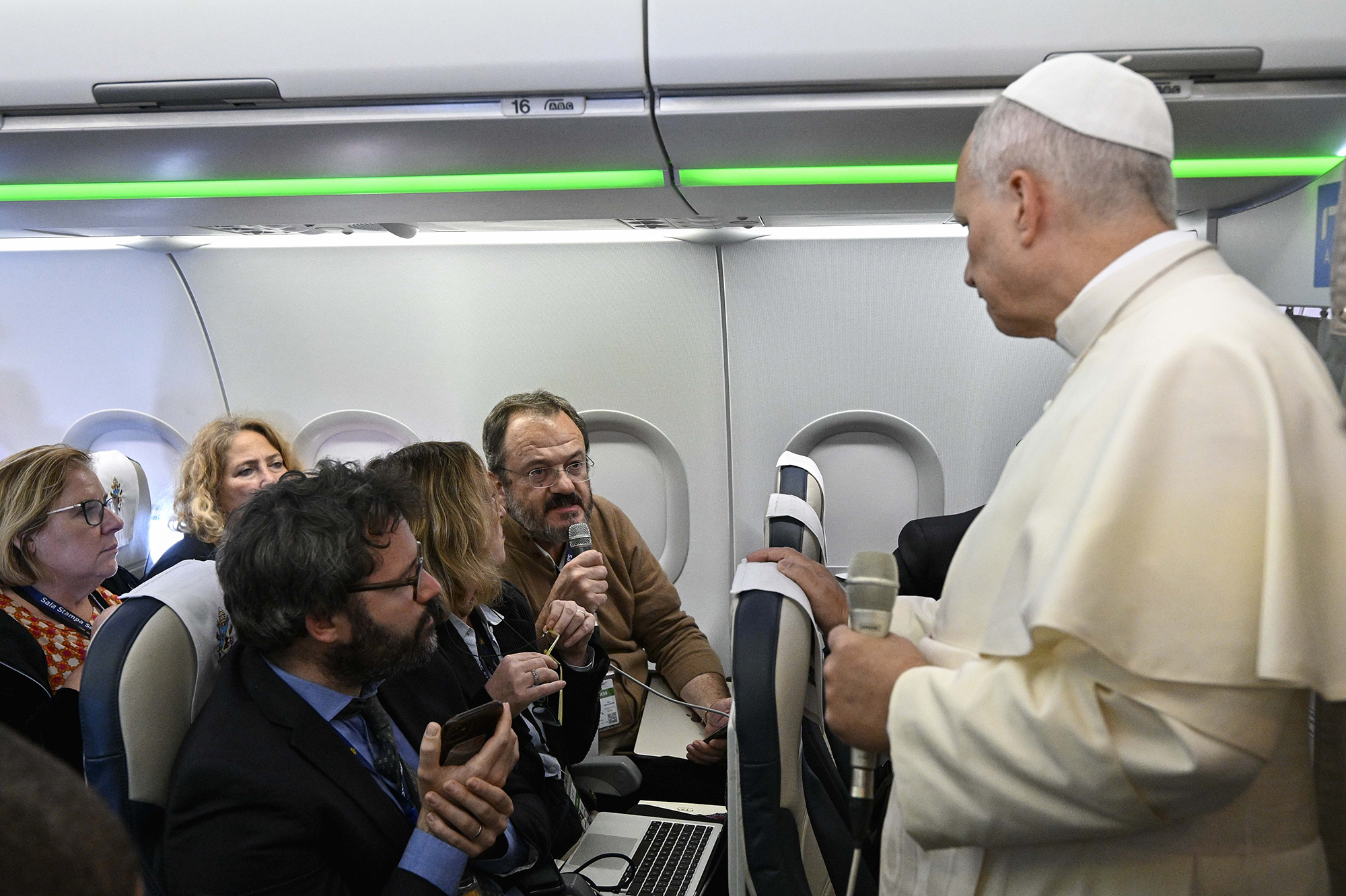SERVE THE LORD WITH GLADNESS | God lifts up the small and the lowly
The saints and readings provide a template for us to reestimate the small things in our lives

Dear brothers and sisters in Christ,
Here’s a great piece of Bible trivia:
Who was Jesus’ paternal grandfather?
One of the great lines of the Scripture readings this week is from Colossians 3: “Your life is hidden with Christ in God.” God seems to have a preference for the hidden and the small, and we see it all through salvation history. The paternal grandfather of Jesus (it’s Jacob, by the way — see Matthew 1:15-16) is a good example.
This is one of the themes that shows up when we celebrate the birthday of Mary on Sept. 8. We hear this from the prophet Micah: “You, Bethlehem-Ephrathah, too small to be among the clans of Judah, from you shall come forth for me one who is to be ruler in Israel.”
In worldly reckoning, Israel was too small to be significant; even in Israel’s reckoning, Bethlehem was too small to be significant. But God elevated the small, and the small became a linchpin in the salvation of the world. And so, this week, we celebrate the birth of a girl (deemed insignificant in the ancient world) in Nazareth (deemed insignificant in ancient Judaism).
As is so often the case, a fact of salvation history becomes a lesson for our own lives: God elevates the small.
We see it this week in the genealogy of Jesus. Joseph had a small role to play in the birth of Jesus. But that small role matters tremendously! Jesus falls into the Davidic line because of him.
We see it this week in Jesus’ choice of the 12 apostles. These weren’t men who mattered in the eyes of the world. But they became the foundation stones of the Church.
We see it this week when we celebrate the feast of St. Peter Claver (Sept. 9). He did small things for people who were enslaved: things that didn’t matter in the eyes of the world, for people who didn’t matter in the eyes of the world. But Peter Claver saw those small things and small people with God’s eyes. Seeing them that way elevated their status in his eyes. And seeing the small that way is what made him a saint.
What about us — could we learn to reestimate the small?
Why should an hour of eucharistic adoration matter? It seems too small. Why should a decade of the Rosary matter? It seems too small. Why should an extra can of soup for the food pantry matter? It seems too small.
In St. Louis, we think big, and as Americans, we think big. And that’s often a good thing! But God’s “economy” works by a different set of rules. He chooses the small.
Maybe it’s time to make Mary’s Magnificat our own: to see and celebrate how God lifts up the lowly, and to reestimate the small things in the world and in our lives.





